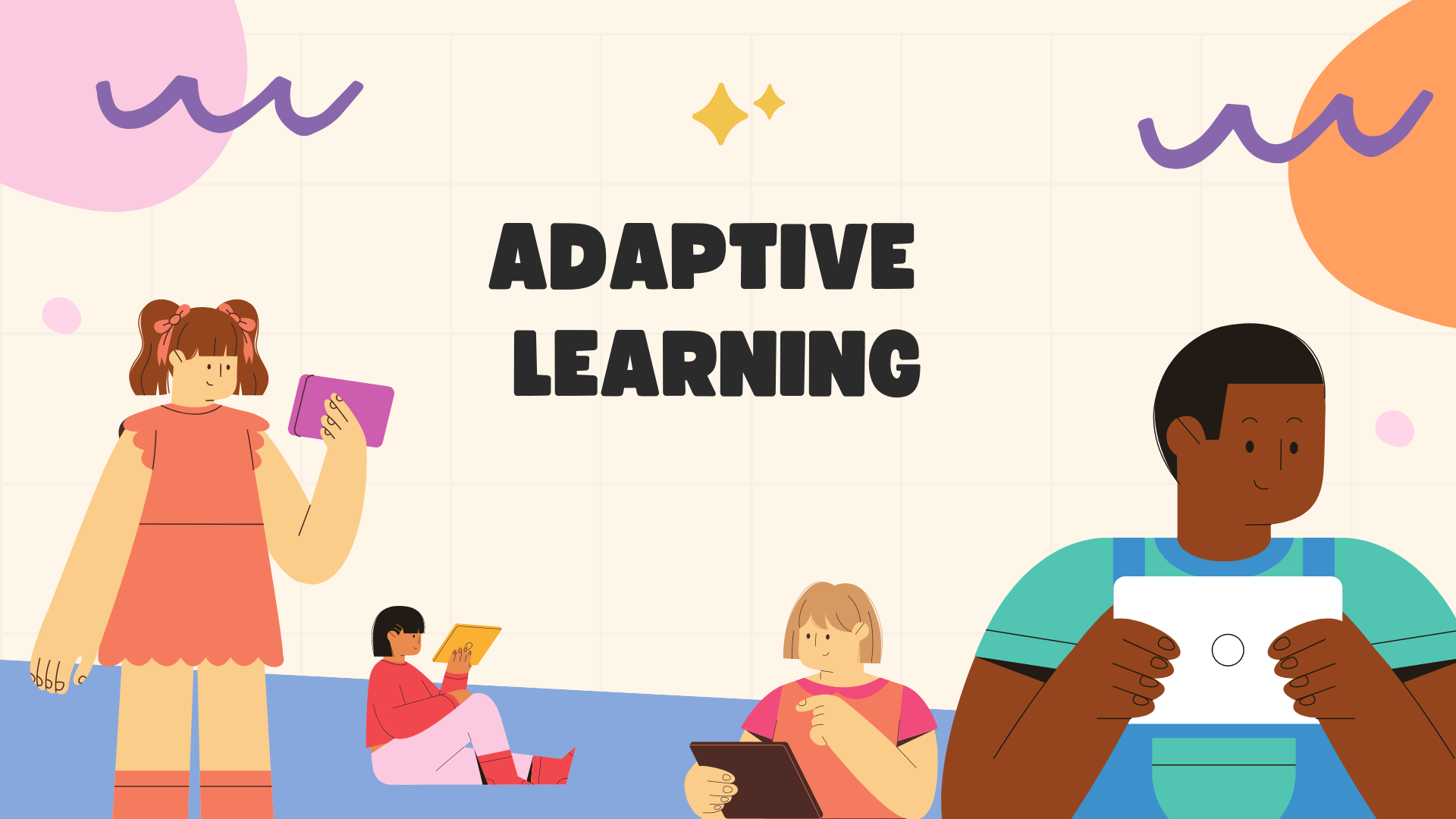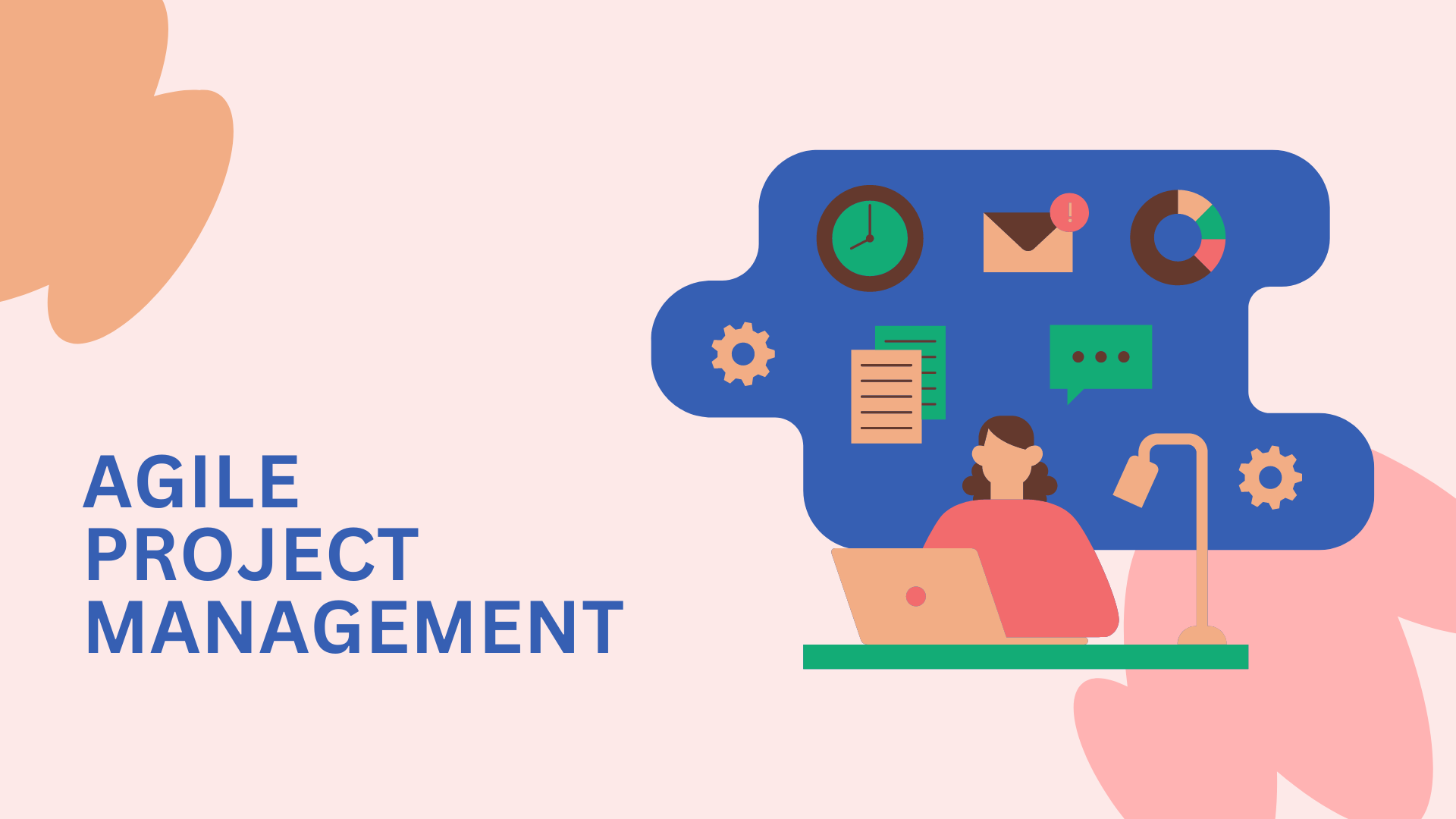What is Adaptive Learning?
Adaptive learning is an innovative educational method that leverages advanced technologies to customize the learning experience for each individual student. Unlike traditional education models, where all students receive the same instruction regardless of their unique needs, adaptive learning tailors educational content, pace, and learning paths based on the student's performance, preferences, and progress. This personalized approach aims to enhance student engagement, understanding, and retention by meeting learners where they are in their educational journey.
The Mechanics of Adaptive Learning
To understand how adaptive learning works, let's break down its core components:
- Personalized Content: Adaptive learning platforms start by assessing a student's current knowledge level through various means, such as diagnostic tests or initial assessments. Based on this data, the system delivers customized educational materials that align with the student's understanding and learning style. This ensures that students are neither bored with content that is too easy nor overwhelmed by content that is too difficult.
- Real-time Feedback: One of the standout features of adaptive learning is its ability to provide instant feedback. As students engage with the material, the system continuously evaluates their performance. When a student answers a question incorrectly, the platform can immediately offer explanations or direct them to additional resources to address knowledge gaps. This immediate feedback loop helps students learn from their mistakes and reinforces their understanding of key concepts.
- Data-driven Adjustments: Adaptive learning systems use sophisticated algorithms and data analytics to monitor and analyze a student's progress over time. By examining factors such as quiz scores, response times, and areas of difficulty, the system dynamically adjusts the learning path. For example, if a student struggles with a particular topic, the platform may provide extra practice problems or present the concept in a different way to enhance comprehension. Conversely, if a student excels, the system can introduce more challenging material to keep them engaged.
Benefits of Adaptive Learning
Adaptive learning offers a multitude of benefits, making it a powerful tool for enhancing education at all levels. Here's a closer look at how it positively impacts students, educators, and institutions:
For Students:
- Personalized Learning Experiences: Each student receives tailored content that aligns with their unique learning style, pace, and needs. This personalization helps in addressing individual strengths and weaknesses, fostering a more effective learning process.
- Increased Engagement and Motivation: When students are presented with materials that are neither too easy nor too difficult, their engagement and motivation levels rise. Adaptive learning keeps students challenged just enough to maintain their interest without causing frustration.
- Improved Learning Outcomes: With real-time feedback and customized learning paths, students can better understand and retain information. This leads to higher academic performance and a deeper grasp of the subject matter.
For Educators:
- Accurate Tracking of Student Progress: Adaptive learning platforms provide detailed analytics on student performance, allowing educators to monitor progress and identify areas where students may need additional support.
- More Time for Individualized Attention: By automating routine assessments and adjustments, adaptive learning frees up educators’ time. This allows them to focus on providing individualized attention and support to students who need it most.
- Enhanced Teaching Strategies: With access to data on student performance, educators can refine their teaching methods and strategies. They can identify common problem areas and adjust their instructional approaches accordingly.
For Institutions:
- Scalability in Providing Quality Education: Adaptive learning technologies can be scaled to accommodate large numbers of students, ensuring that each learner receives a high-quality, personalized education without overburdening the institution's resources.
- Better Resource Allocation: Institutions can allocate resources more effectively by identifying areas where students struggle collectively and addressing those needs with targeted interventions and support.
- Improved Overall Academic Performance: The personalized and efficient nature of adaptive learning can lead to improved overall academic performance, enhancing the institution’s reputation and success rates.
Challenges and Considerations of Implementing Adaptive Learning
While adaptive learning offers numerous benefits, implementing it effectively requires addressing several challenges and considerations:
Data Privacy
- Challenge: Adaptive learning systems collect and analyze large amounts of data on student performance and behavior. This raises concerns about the privacy and security of sensitive information.
- Consideration: Institutions must ensure that adaptive learning platforms comply with data protection regulations, such as GDPR or FERPA, and implement robust security measures to protect student data. Transparency about data usage and obtaining informed consent from users are also crucial.
Implementation Costs
- Challenge: The initial investment required for adopting adaptive learning technologies can be significant. This includes costs related to purchasing software, upgrading infrastructure, and training staff.
- Consideration: Organizations should conduct a cost-benefit analysis to evaluate the long-term value of adaptive learning. Seeking grants, partnerships, or phased implementation strategies can help manage costs. Demonstrating the potential for improved learning outcomes can also justify the investment.
Teacher Training
- Challenge: Educators may need training to effectively use adaptive learning tools and integrate them into their teaching practices. Resistance to change and the learning curve associated with new technology can be barriers.
- Consideration: Providing comprehensive professional development programs and ongoing support is essential. Training should focus not only on how to use the technology but also on interpreting data insights and adjusting teaching strategies accordingly. Involving educators in the implementation process can help alleviate resistance and encourage buy-in.
Technical Infrastructure
- Challenge: Successful implementation of adaptive learning requires reliable internet connectivity and compatible hardware. Inadequate technical infrastructure can hinder the effectiveness of adaptive learning solutions.
- Consideration: Institutions should assess their current technical capabilities and invest in necessary upgrades. This may include improving internet bandwidth, ensuring access to devices, and providing technical support to address any issues that arise.
Curriculum Integration
- Challenge: Integrating adaptive learning into existing curricula can be complex. Ensuring that the adaptive content aligns with educational standards and learning objectives is critical.
- Consideration: Collaboration between educators, curriculum developers, and adaptive learning providers is key to creating content that complements and enhances the existing curriculum. Pilot programs can help test the integration process and make necessary adjustments before full-scale implementation.
Student Adaptation
- Challenge: Students may need time to adjust to the new learning approach, especially if they are accustomed to traditional teaching methods. Some students may initially struggle with the self-directed nature of adaptive learning.
- Consideration: Institutions should provide guidance and support to help students navigate adaptive learning environments. Introducing adaptive learning gradually and offering tutorials or orientation sessions can ease the transition. Encouraging a growth mindset and fostering digital literacy skills are also important.
The Future of Adaptive Learning
Adaptive learning is poised to become even more integral to education as technology advances and educational paradigms shift. Here are some key trends and potential developments that could shape the future of adaptive learning:
- Integration with Artificial Intelligence (AI) and Machine Learning:
- Trend: The incorporation of more advanced AI and machine learning algorithms into adaptive learning platforms will enable even more precise personalization. AI can analyze vast amounts of data to identify patterns and predict student needs with greater accuracy.
- Potential: AI-driven adaptive learning systems could offer hyper-personalized learning experiences, adapting not just to academic performance but also to emotional and psychological factors. For example, AI could detect when a student is frustrated and adjust the difficulty level or provide motivational prompts to keep them engaged.
- Virtual and Augmented Reality (VR/AR):
- Trend: The use of VR and AR in education is growing, offering immersive learning experiences that can make abstract concepts more tangible and engaging.
- Potential: Combining adaptive learning with VR/AR could revolutionize how subjects are taught. Imagine a history lesson where students virtually explore ancient civilizations or a biology class where they interact with 3D models of human anatomy. Adaptive learning could tailor these experiences to individual learning paces and styles, making education more interactive and effective.
- Increased Accessibility and Inclusivity:
- Trend: As technology becomes more affordable and widespread, adaptive learning solutions will become accessible to a broader range of learners, including those in underserved or remote areas.
- Potential: Adaptive learning can play a crucial role in bridging educational gaps by providing personalized learning opportunities to students regardless of their geographical location or socioeconomic status. This inclusivity can help ensure that all students have access to high-quality education tailored to their needs.
- Lifelong Learning and Professional Development:
- Trend: The concept of lifelong learning is gaining traction as the workforce evolves and the need for continuous skill development increases.
- Potential: Adaptive learning can support lifelong learning by providing personalized learning paths for adult learners and professionals. Whether it's reskilling for a new career or staying updated with industry trends, adaptive learning can offer flexible and relevant educational experiences that adapt to the learner’s career progression and goals.
- Enhanced Data Analytics and Insights:
- Trend: Advances in data analytics will enable even deeper insights into student learning behaviors and outcomes, providing educators with actionable information.
- Potential: Enhanced data analytics can help educators identify trends, predict learning outcomes, and intervene early to support students at risk of falling behind. These insights can also inform curriculum development and instructional strategies, leading to more effective teaching and learning.
- Collaboration and Social Learning:
- Trend: The integration of collaborative and social learning elements within adaptive learning platforms is on the rise, fostering peer interaction and community building.
- Potential: Adaptive learning systems could facilitate group projects, discussions, and peer reviews that are tailored to the group’s collective abilities and learning styles. This social aspect can enhance learning by allowing students to learn from each other and develop critical teamwork and communication skills.
As adaptive learning continues to evolve, its potential to transform education becomes even more significant. By embracing these future trends, educators and institutions can provide more personalized, engaging, and effective learning experiences for all students.
Conclusion
Adaptive learning represents a groundbreaking shift in the educational landscape, offering personalized learning experiences that can significantly enhance student outcomes. By addressing challenges and leveraging emerging technologies, we can unlock the full potential of adaptive learning to create a more inclusive, effective, and engaging educational environment.









